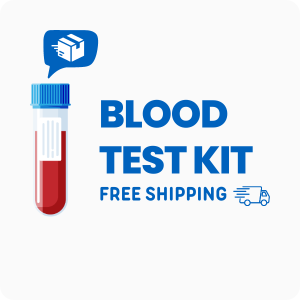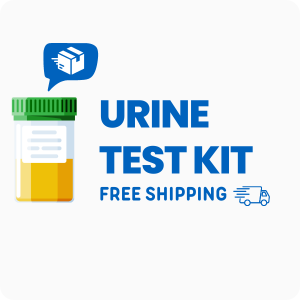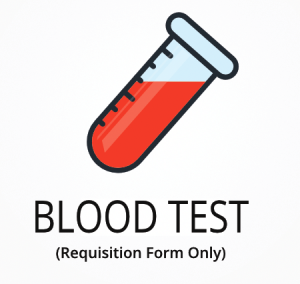Ordering the Reticulin Antibodies IgA and IgG Test
Ordering the Reticulin Antibodies IgA and IgG Test can help identify certain autoimmune conditions. Interestingly, this test can also provide insights into gluten sensitivity, which is often overlooked. When you order this test, you can expect several benefits:
- Helps detect autoimmune disorders related to the intestines.
- Assists in monitoring the effectiveness of dietary changes.
- Supports the diagnosis of celiac disease.
- Provides information on potential gluten intolerance.
- Offers a clearer understanding of your immune system’s response.
Who Should Consider the Test
People experiencing digestive discomfort or unexplained fatigue might find this test beneficial. For example, someone who frequently experiences bloating after meals may want to explore if gluten sensitivity is a factor. Other scenarios where ordering this test might be relevant include:
- Experiencing persistent digestive issues.
- Having a family history of celiac disease.
- Undergoing dietary changes without symptom relief.
- Experiencing skin rashes that don’t respond to treatment.
- Feeling fatigued despite adequate rest.
Ordering this lab test can help pinpoint specific immune responses that might be affecting your digestive system. Delaying this test could mean prolonged discomfort and uncertainty about dietary triggers.
How to Prepare for the Test
No fasting is required for the Reticulin Antibodies IgA and IgG Test. It’s important to follow any instructions from your healthcare provider to ensure the test is conducted properly.
Labs Included When Ordering Your Reticulin Antibodies IgA and IgG Test
| Test Name | Reference Range | Significance | Low and High Levels of Reticulin Antibodies |
|---|---|---|---|
| Reticulin Antibodies | Negative | Reticulin antibodies are linked to autoimmune responses in the intestines. They are often associated with celiac disease. | High levels mean a possible autoimmune reaction.
Low levels mean a lower likelihood of autoimmune issues. |
| IgA | 70-400 | IgA is an antibody that plays a crucial role in immune function, particularly in mucous membranes. | High levels mean increased immune activity.
Low levels mean potential immune deficiency. |
| IgG | 700-1600 | IgG is the most common antibody in blood circulation, important for fighting bacterial and viral infections. | High levels mean possible chronic infection or inflammation.
Low levels mean reduced ability to fight infections. |
Reference ranges may differ. Visit the Quest Diagnostics lab test directory for the latest values.
Reticulin Antibodies Test FAQ
Is there Reticulin Antibodies testing near me?
To find nearby locations for the Reticulin Antibodies Test, use the patient service center locator. This is especially helpful if you need a convenient site for sample collection due to digestive discomfort.
What is the cost of the test?
The cost of the test includes all fees, such as those for sample collection at patient service center locations. It’s worth ordering the test to address potential gluten sensitivity, which can impact your daily comfort.
How often should I retest?
Retesting is generally recommended every 6 to 12 months, especially if symptoms persist or dietary changes are made. Regular testing helps monitor immune response changes over time.
How accurate is the test?
The test uses enzyme-linked immunosorbent assay (ELISA) to detect antibodies, ensuring precise results. TrueHealthLabs.com partners with CLIA-certified laboratories to uphold rigorous testing standards for dependable results.
Medical Review Board
Reviewed by Jeff Donohue M.D. from Body Logic and Brady Hurst DC, CCCN. Written by True Health Lab’s team of editorial health contributors.
Disclaimer: This information is for educational purposes only and not intended as medical advice. Consult your healthcare provider for personalized guidance.
Why Customers Trust True Health Labs - What People are saying
Also rated 4.6 out of 5 based on 3452 ShopperApproved reviews- See all TrueHealthLabs.com reviews.








